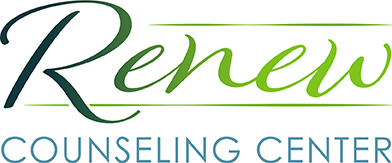Substance Abuse
Substance Abuse/Dependence: When is it time to get help?
Alcohol or drug use can keep an individual from fully living. It can be intimidating to seek help and admit that a substance is taking control over one’s life, and it takes courage, but it is the first step on the journey to recovery.
What is considered substance dependence?
Alcohol/drug dependence is a progressive, chronic, and potentially fatal disease.
Alcohol/drug dependence most often has a genetic component; it runs in families.
Alcohol/drug dependent persons crave the substance and continue to use despite harmful effects.
Alcohol/drug dependent persons have progressively lower ability to choose not to use.
What are some signs of substance dependence?
• High tolerance for the substance (using greater amounts to get the same effect as before)
• Blackouts, that is, the inability to remember events, which occurred while using
• Using while alone
• Avoiding people or places that were once enjoyed because of the disapproval of the use
• Using against direct medical advice
• Work, home or school responsibilities are being neglected
• Hiding substances for later use
• Withdrawal symptoms, such as sweating, headache, restlessness, nausea, shaking, and changes in mood
• Unsuccessful attempts at quitting or cutting back
• Lying to others about using or about the amount used
• Life revolving around using and loss of interest in activities previously enjoyed
• Loss of relationships or jobs due to use
• Continued use despite negative consequence’s
• Loss of control of use (unplanned use or inability to limit using on any one occasion)

Alcohol and substance abuse/dependence (also known as alcoholism or addiction) can lead to a dangerous downward spiral and affect a person’s ability to relate to others and function in society. When substance use interferes with an individual’s life, it is time to make changes and seek help. However, when a person is struggling with addiction, the desire to use can be so strong that the individual can minimize the issues, make excuses, and deny that they have a problem. Additionally, mood disorders or trauma may impact an individual’s ability to think clearly. Addiction can lead to many problems such as increased tolerance for the substance, withdrawal symptoms, decreased health, work and school problems, interpersonal problems, and the inability or refusal to stop. If you or a loved one is having difficulty with alcohol, prescription drug, or recreational drug use, the first step toward healing is assessing the severity of the problem. Help is available and can be accomplished through a variety of treatment options, including counseling, inpatient treatment, and/or with self-help programs in our area. No matter what your present circumstances are, Renew is available to assist in this process and provides counseling services for affected families and individuals. Contact us at 602-633-4032 and talk to a professional today.
